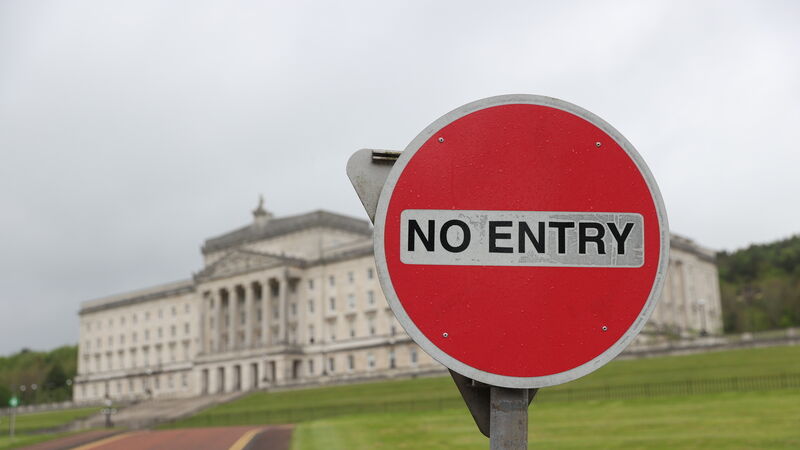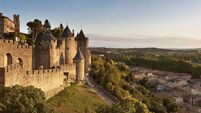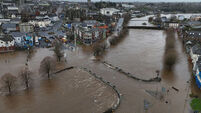Irish Examiner view: Numbers help to divine political future

Northern Ireland needs clarity in the debate about its future, and the starting place for that is the resumption of political and power-sharing activity at Stormont.
The census figures released this week showed 32% of the population defined themselves as British only, 29% as Irish, and 20% as Northern Irish.
















